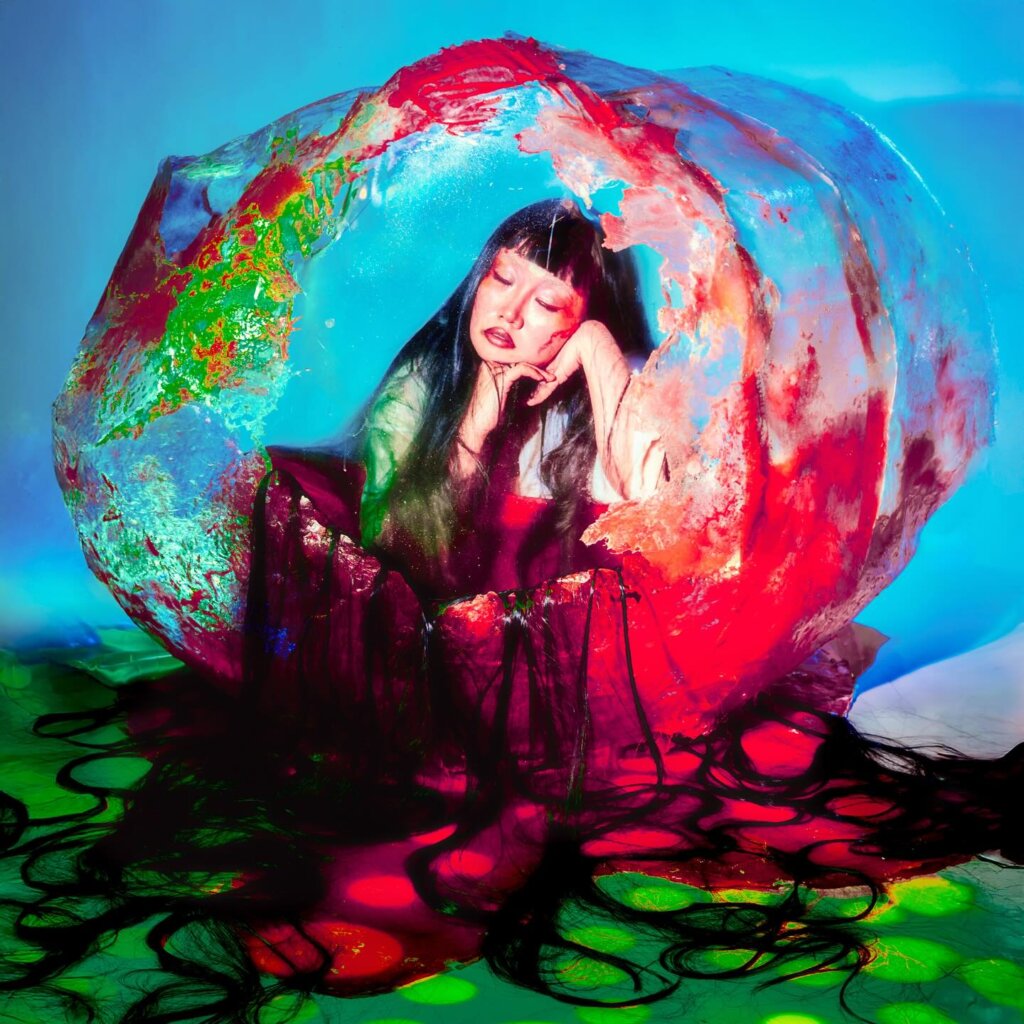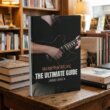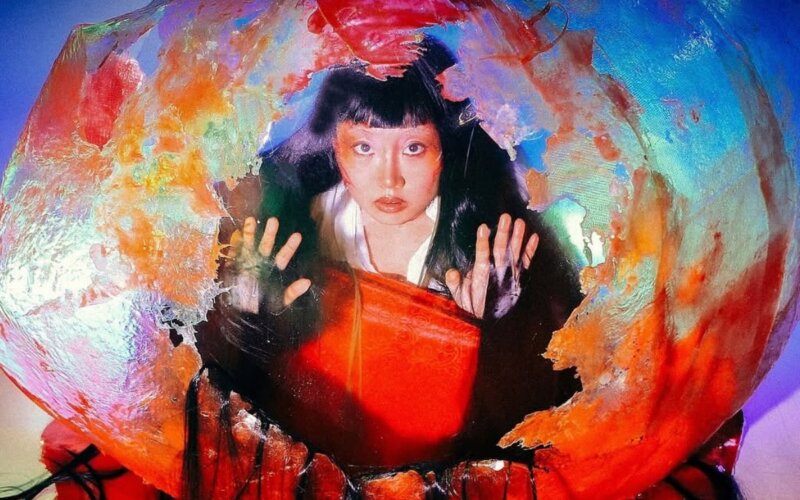Most pop artists build walls between their trauma and their music. They polish the pain until it shimmers, package it with hooks designed for maximum radio appeal. Ena Mori does something different. On her new EP “rOe,” released August 8, 2025, through Offshore Music and Sony Music Entertainment Philippines, the Filipino-Japanese artist cracks herself open like the delicate fish eggs that inspired the title—a childhood memory from Japan that she’s turned into six tracks of vulnerable, messy humanity.
The 20-minute collection feels like reading someone’s diary, if that diary happened to be set to funky breakbeats and orchestral swells. Opening with a 44-second title track that serves as a sonic threshold, the EP then unfolds through pieces like “Portion Control” and “Heartache Generation,” each one peeling back another layer of Mori’s psyche.
Three years have passed since “Don’t Blame The Wild One!” earned her NME Asia’s Best Album of 2022 and Album of the Year at the 36th Awit Awards. That debut was loud, defiant—a middle finger wrapped in dance-ready electronic pop. But success has a way of changing the conversation you have with yourself. Where she once shouted about being “king of the night,” Mori now whispers about not knowing how to grow up.
The cover art tells you everything: Ena Mori sits inside a translucent bubble, surrounded by explosive reds, pinks, and blues, with paint splattered chaotically beneath. She’s protected but isolated, safe but separate. It’s an image that captures what she calls “alanganin”—that Tagalog word for the uncomfortable in-between, where nothing quite fits.
“Sink,” the EP’s fourth track, might be its most revealing moment. Here, Mori confronts an abuser with fantasies of revenge, ending with an ominous “It’s time to be quiet.” It’s uncomfortable listening, the kind of confession that most pop artists would smooth over with metaphor. But Mori lets it sit there, raw and unresolved.

Her journey to this point reads like a study in contrasts. Classical piano at six, composing by ten, competing in Tokyo and Kanagawa circuits as a teenager. Then the move to Manila at fifteen, where she studied music production and eventually caught the attention of Eraserheads frontman Ely Buendia. Working with longtime collaborator Timothy Run (Tim Marquez), she’s built a sound that somehow reconciles Bach with Avril Lavigne, Rachmaninov with Jay-Z.
What’s refreshing about Ena Mori is her practical honesty about sustaining an artistic life. She keeps a part-time gig as a Japanese tutor—not out of necessity alone, but because she believes financial pressure compromises creative freedom. Back in 2023, she funded her SXSW Texas trip by selling clothes from her closet and playing pay-what-you-can gigs around Manila. No romanticizing the struggle, just matter-of-fact acknowledgment of what it takes for a Southeast Asian artist to break through internationally.
Since that breakthrough, she’s played to thousands supporting Aurora in Singapore and the Philippines, landed her music in a Häagen-Dazs Japan commercial, and performed at SXSW showcases across three continents. United Talent Agency and Norway’s Made Management now guide her international trajectory.
“Portion Control” contains what might be the EP’s thesis: “I just want it all… I just don’t know how to portion control.” Yet when pressed about ambition, Mori deflects. She calls herself “too soft” for competition, admits she’s terrible at planning. Her actual drive seems both simpler and more complex—making music as an act of self-preservation, recreating the safety she found in pop songs when Japanese schoolyard bullies targeted her for being mixed-race.
“rOe” represents the first half of a twin EP project, with “ORE” (meaning earthly rock) to follow. The pairing plays with dualities—soft and hard, fragile and strong, past and present. But really, it’s about that peculiar ache of being twenty-six and feeling simultaneously too old and too young, carrying your child self like a ghost while trying to build something real in the adult world.
Maybe that’s what makes this EP so compelling. Pop music typically sells us transformation stories—the ugly duckling becomes the swan, the victim becomes the victor. Mori offers something rarer: the admission that some of us never quite transform. We just learn to make art from the awkwardness, to find beauty in the unfinished business of growing up. On “rOe,” Ena Mori doesn’t resolve her contradictions. She puts them in a bubble, surrounds them with color, and invites us to look.












